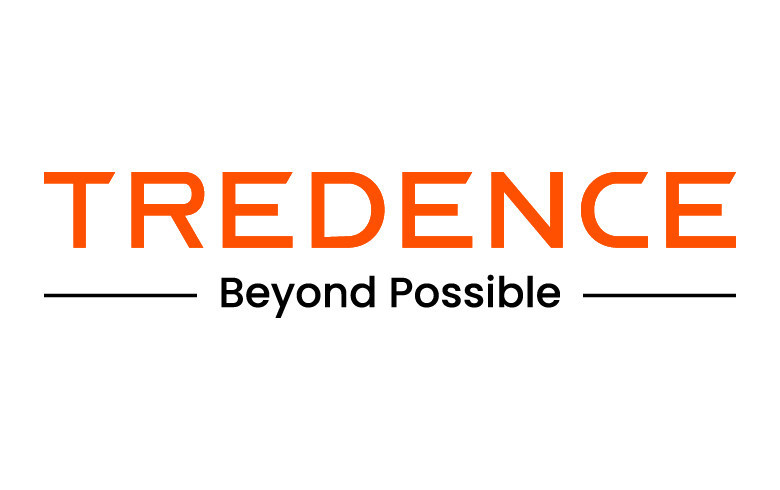A crisis of trust, fueled by sophisticated fraud attacks, could be improved by aggressive AI investments, according to new research from Coleman Parkes and SAS
CARY, N.C., May 20, 2025 -- Sophisticated fraudsters, armed with AI, are depleting public sector budgets and damaging trust in government. However, with dramatically increasing AI budgets on the horizon, dedicated government fraud fighters are poised to fight back. These were key findings of global research from Coleman Parkes and data and AI leader SAS in the new report Trust and transparency: Combating fraud to maximize public program efficiency.
"Unencumbered by concerns about regulations and the law, criminals wielding AI may seem to have the upper hand," said Shaun Barry, Global Director, Risk, Fraud and Compliance Solutions at SAS. "However, the research suggests we are at a tipping point. Governments around the world are preparing to make huge investments in AI and generative AI that could beat back losses to fraud, waste and abuse and rebuild trust in critical government programs."
Nearly every agency suffers AI-enabled fraud attacks, draining funds and crippling citizen trust
Public sector organizations worldwide face a growing fraud, waste and abuse (FWA) crisis that drains billions from government budgets and erodes public trust. Of the 1,100 government fraud fighters surveyed, nearly all claimed their agencies were victims of AI-powered fraud schemes, and 70% have seen an uptick in those attacks in the last five years.
Fraudsters now deploy AI-powered platforms to generate synthetic identities, craft hyper-personalized phishing campaigns and design malware that evades detection. These tools analyze vast data sets to mimic human behavior, forge documents and exploit vulnerabilities in real time. These schemes have contributed to massive financial losses, with survey respondents estimating that approximately 16% of budgets could be saved by tackling FWA in general.
Beyond the budgetary toll, a staggering 96% of respondents said FWA has negatively impacted citizen trust in their agency and its programs. Citizens are often collateral damage in these fraud schemes, with identity fraud, tax fraud and social benefits fraud among the most common types cited by respondents.
Government agencies face many obstacles in closing the FWA gap
Despite 85% of respondents listing fighting fraud as a top five priority, agencies largely lack the resources to do so effectively. Additionally, only 1 in 10 have all the tools and resources they need to fight FWA, and nearly a third face significant resource limitations. Respondents cited gaps in analytical skills (48%), technology (40%) and budgets (24%) among the limiting factors.
These gaps hinder agency efforts to minimize external and internal fraud and errors, ensure data security and improve investigator efficiency, which were priorities listed by more than half of respondents.
Rapid adoption of AI and generative AI could transform the fight against FWA, boost worker efficiency
Current AI adoption rates are relatively low, with about half of those surveyed using AI to address FWA and slightly over a quarter using GenAI. But the adoption curve is rapidly accelerating.
The research indicates that the use of network analysis for fraud detection is expected to expand from 32% to 87%. Even more encouragingly, 97% expect to use GenAI within the next two years, including enormous leaps in the use of synthetic data, large language models and digital twins.
This will have far-reaching positive outcomes for government organizations. Among those already using AI to confront FWA, nearly 40% cite better prioritization of fraud alerts, quicker identification of FWA – and in larger quantities – as benefits. However, the greatest benefit cited (57%) is greater workforce efficiency. These responses align with the findings in a separate global survey centered on AI and government productivity, where most respondents believed that AI will have a significant/critical impact in improving productivity within their organization over the next three years.
Bolstering citizen trust also demands responsible AI use. Agencies understand that human oversight is critical to ensure the integrity of programs and protect citizens from unintended harms. Privacy and security (48%) and ensuring their organization uses AI responsibly (43%) were among the top three challenges keeping government fraud fighters up at night.
The new anti-fraud report also includes tips from SAS, which is consistently recognized by industry analysts as a leader in fraud fighting software, and real-world examples of AI-powered fraud detection and investigation solutions in action.
Access the new report here: https://www.sas.com/en/offers/trust-and-transparency.html
About the research
Coleman Parkes conducted the global survey from November 2024 to January 2025 and received responses from 1,100 senior and mid-level public sector employees responsible for monitoring FWA within their organizations.
Survey respondents work across a range of agencies and departments: public sector infrastructure, transportation and government utilities; benefit delivery agencies; general public services; investigative and oversight agencies; tax, revenue and customs agencies; social services; security intelligence; justice and public safety; and national security.
Coleman Parkes is a full-service B2B market research agency specializing in IT/technology studies, targeting senior decision makers in SMB to large enterprises across multiple sectors globally.
About SAS
SAS is a global leader in data and AI. With SAS software and industry-specific solutions, organizations transform data into trusted decisions. SAS gives you THE POWER TO KNOW®.
SAS and all other SAS Institute Inc. product or service names are registered trademarks or trademarks of SAS Institute Inc. in the USA and other countries. ® indicates USA registration. Other brand and product names are trademarks of their respective companies. Copyright © 2025 SAS Institute Inc. All rights reserved.
Editorial
This News is brought to you by Qube Mark, your trusted source for the latest updates and insights in marketing technology. Stay tuned for more groundbreaking innovations in the world of technology.









